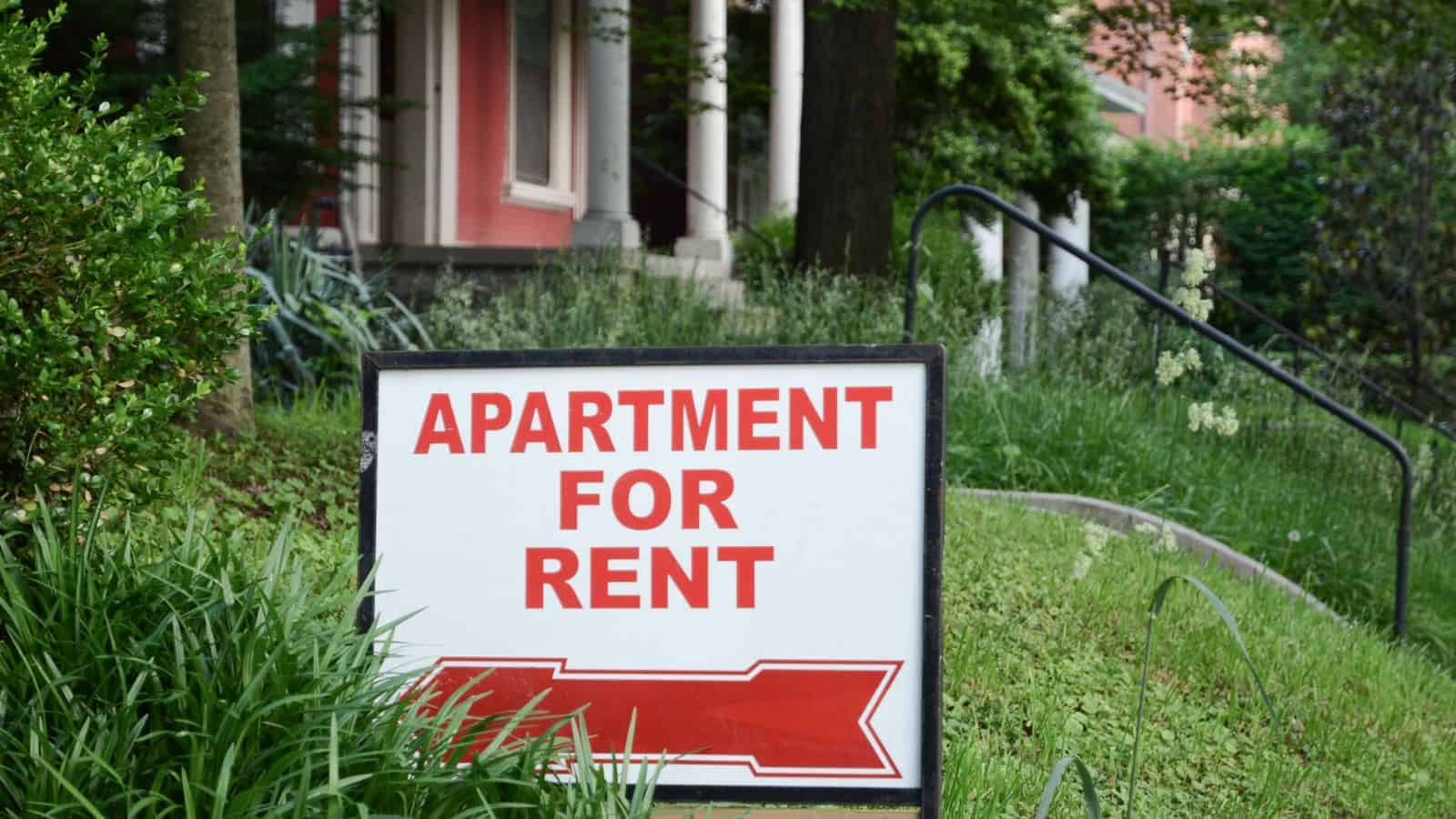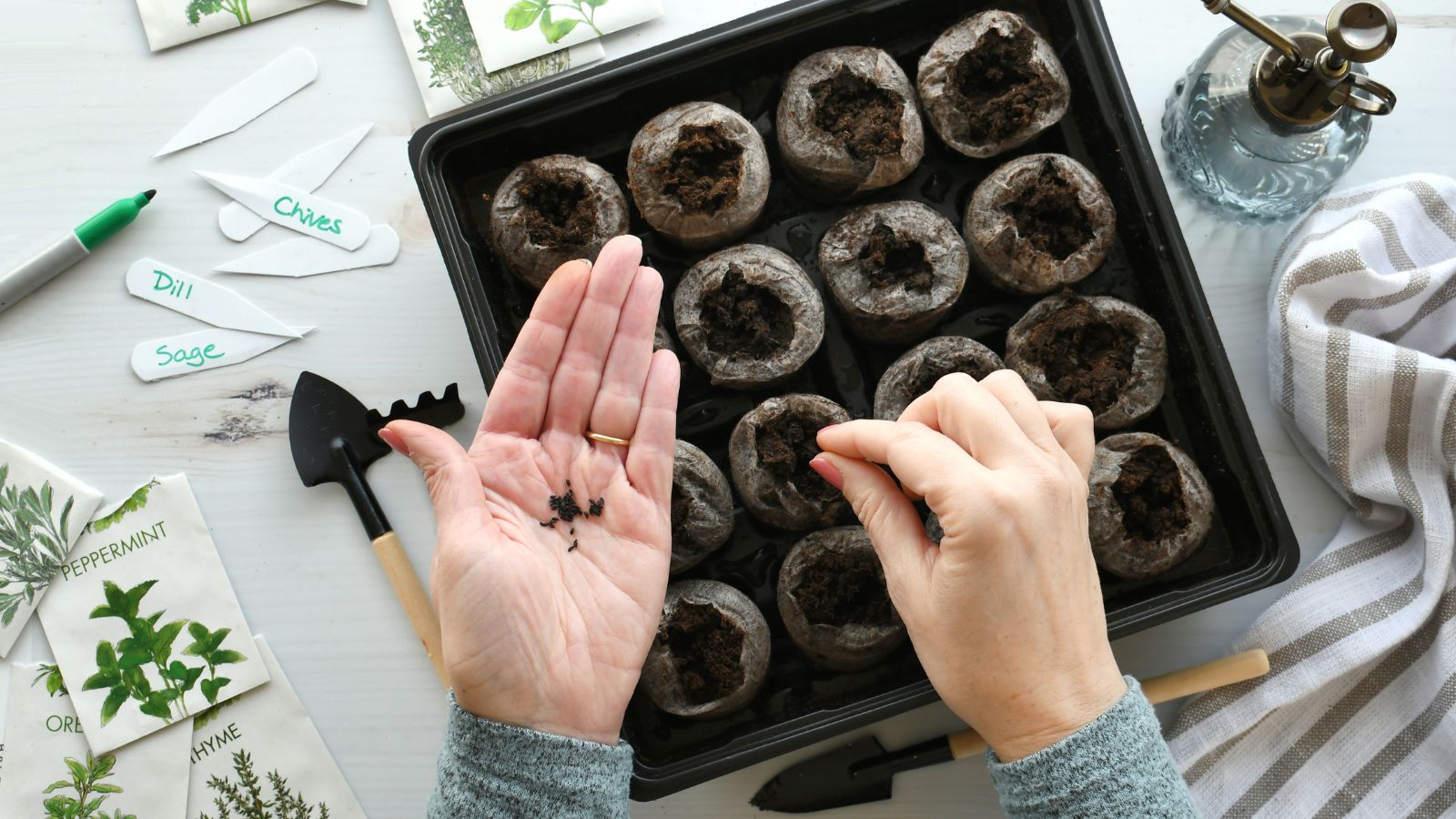We’re all painfully aware of how high the cost of living is these days, so even getting by on less than $1,000 a month may feel impossible. But the good news is that even though living well on a tight budget might seem challenging, it’s more achievable than you may think. These practical tips can help you stretch your dollars and still enjoy the things that matter most.
Split Rent to Cut Costs

Unfortunately, housing will pretty much always be one of our biggest expenses. However, there are things you can do to make it more affordable, like sharing your space with a roommate. This way, you can split those hefty costs with someone else instead of trying to manage it all on your own.
Trade Your Car for Public Transport

Who doesn’t love the independence and freedom that comes with your very own car? But sadly, this luxury also comes with hefty expenses like gas, insurance, and repairs. Even if you hate the idea of using public transport, it might be worth a try. It can save you a lot of money each month, and many cities offer affordable transit passes.
Furthermore, walking or biking for shorter trips can help you stay active and reduce your carbon emissions while saving even more. If you absolutely need a car, consider carpooling or using a car-sharing service occasionally to cut your costs.
Cook More Meals at Home

We all deserve to treat ourselves every once in a while, but eating out frequently can really add up fast, even if it’s just grabbing coffee or takeout. This is why it’s a good idea to make your meals at home as much as possible. It’s a great way to save money and eat healthier. You can focus on simple, budget-friendly recipes that use affordable staples like rice, beans, and seasonal vegetables.
Shop Secondhand

Secondhand clothes aren’t old and dirty, they’re just preloved! Thrift stores, consignment shops, and online marketplaces can be real treasure troves for finding everything you need. Shopping secondhand not only helps you save big but also means you’ll reduce your waste and give gently used items a second life. Apps like Poshmark or Facebook Marketplace all make it easy to find deals without leaving home.
Cancel Subscriptions You Don’t Use

Subscription services may seem like a small cost when looked at on their own, but once you’re drawn in by more and more, they can quietly drain your budget. Perhaps you’ve got a weak spot for streaming platforms or gym memberships, but it’s definitely worth taking a closer look at what you’re actually using.
Cancel whatever you don’t need or use and look for free or low-cost alternatives. Many libraries offer free access to movies, eBooks, and even exercise classes, so you can still enjoy entertainment and fitness without the expensive fees.
Use Free Community Resources

Libraries, community centers, and local events will often provide free or low-cost activities that are just as fun as pricey outings. For example, many towns and cities host free yoga classes, art workshops, or movie nights. Libraries, in particular, are amazing resources—not just for books, but for borrowing DVDs, learning new skills, or even using free Wi-Fi.
Keep Utilities in Check

As I’m sure you’re aware, utility bills can really sneak up on you. But small changes, like turning off those lights when you leave a room or unplugging unused gadgets, can make a big difference and significantly reduce your energy costs. Using fans instead of air conditioning and layering up instead of cranking the heat is another great way of keeping your bills manageable.
Stick to a Budget

It can feel impossible to keep track of where your money goes every month, but that all changes once you start budgeting. A simple budget helps you see exactly what you’re spending and where you can cut back. Free budgeting apps or even a pen and paper can do the trick—what matters is finding a system that works for you.
Use Cash Instead of Cards

This may sound like a strange idea, but switching to cash for your day-to-day spending can actually help you save money and stay more aware of your finances. When you physically see your money leaving your wallet, you’re more likely to think twice about unnecessary purchases. Set yourself a weekly cash allowance for non-essential items, and stick to it to avoid overspending.
Swap Entertainment for Free Alternatives

Affordable living certainly doesn’t mean you have to give up on entertainment. Instead of paying for concerts, movies, or expensive nights out, explore the free or low-cost options in your area. You’re bound to find plenty of local festivals or community events that’ll provide great entertainment without the hefty price tag.
Streaming free content online or hosting a potluck dinner with friends are other fun ways to have fun and save money at the same time.
DIY Instead of Buying

Before buying something new, ask yourself: could I make it myself or fix it myself instead? For instance, you could brew your own coffee at home, sew a button back on a shirt, or even build a simple piece of furniture.
These DIY projects will not only save you cash but also give you a well-earned sense of accomplishment. You don’t have to be a pro either—there are plenty of online tutorials to guide you through every step.
Buy Generic Brands

A lot of the time name-brands are only more expensive because of their famous label, while generic versions of things like food and household supplies can be just as good. Check the ingredients or specs, and you’ll often find they’re nearly identical to their pricier counterparts. Making this small switch during your grocery runs can add up to significant savings over time.
Downsize Your Living Space

If you’re someone who lives alone or pays for extra space you don’t really need, you might want to consider downsizing. This doesn’t necessarily mean sacrificing your quality of life either.
A smaller apartment or shared living situation can significantly reduce your rent and utility costs, freeing up more money to spend on things that are important to you. Not only will you save money, but you’ll also spend less time and energy cleaning and looking after your home.
Embrace Minimalism

If you think minimalism is about sacrificing your happiness and things that are important to you, think again. In reality, focusing on the things you truly need and value means you can cut unnecessary spending and enjoy a simpler, more intentional lifestyle. We recommend selling or donating items you no longer use if you’re ready to create a more organized and peaceful space.
Find Creative Side Hustles

Some of you will be all too familiar with how stressful having multiple jobs can be. But making a little extra money doesn’t have to mean committing to a full-time second job. Instead, have a look for flexible, creative side hustles like freelancing, babysitting, pet sitting, or selling handmade crafts online.
Buy in Bulk for Essentials

It’s tempting to buy smaller packs of things like rice, pasta, or toilet paper because it’s cheaper in the moment, but buying in bulk can save a lot over time. Many warehouse stores or co-ops also offer discounts when you buy in larger quantities. Just make sure you have enough storage space and that whatever you buy won’t expire before you use it.
Grow Your Own Food

Don’t skip over this one just because you don’t have a big garden. Even a small garden or a few pots of herbs on your windowsill can save you money on groceries. Growing simple items like lettuce or tomatoes requires minimal investment and can pay off in fresh, delicious produce. If you simply don’t have the space to grow anything, you could still consider joining a local community garden to get started.
